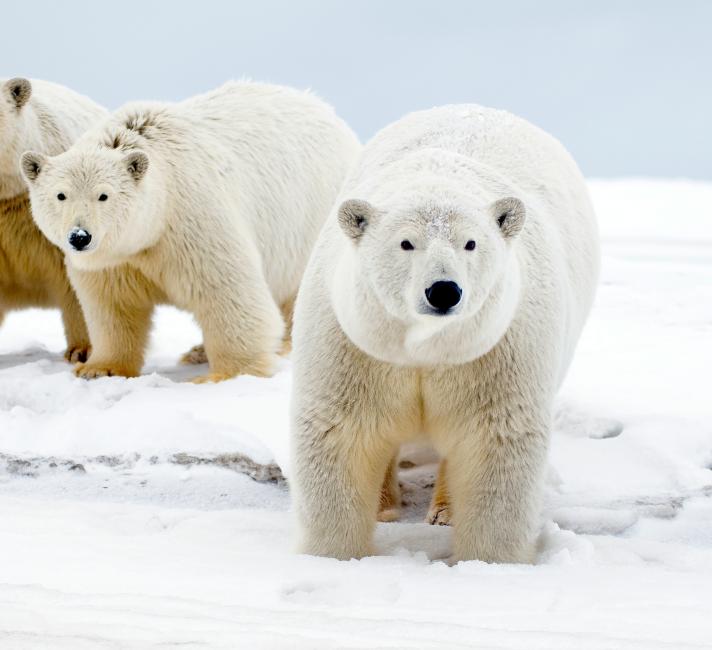
Top 10 facts about polar bears
© naturepl.com / Steven Kazlowski / WWF
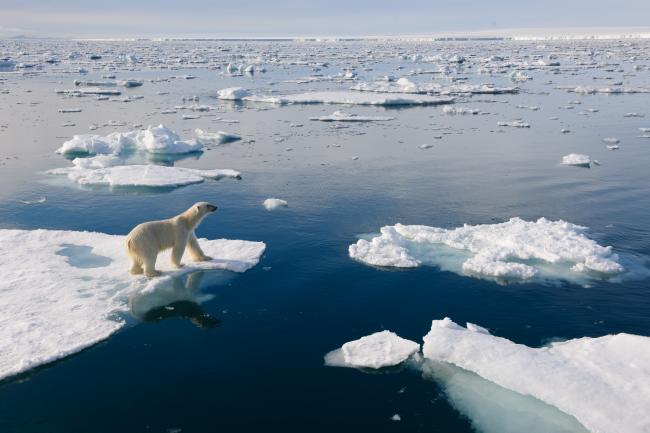
© Florian Schulz / visionsofthewild.com
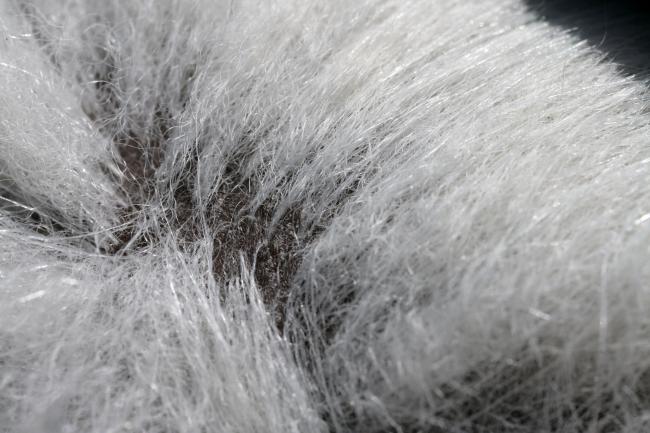
© Jon Aars / Norwegian Polar Institute / WWF-Canon
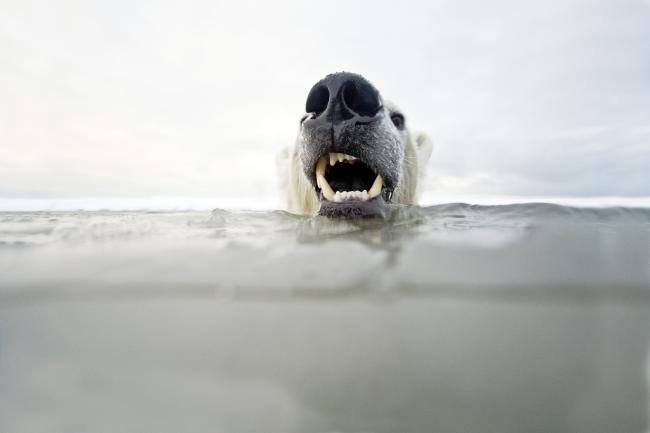
© naturepl.com / Steven Kazlowski / WWF
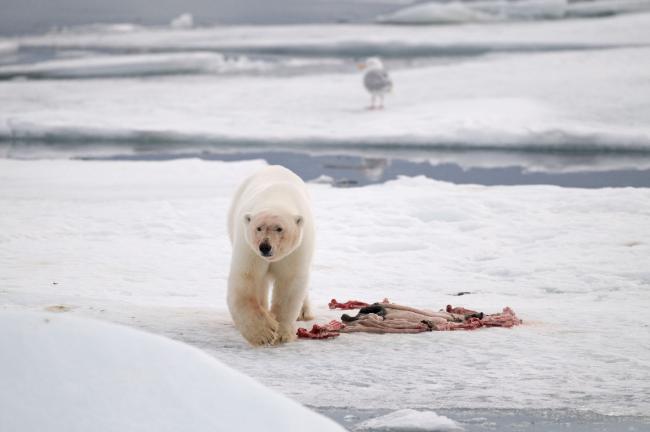
© Steve Morello / WWF
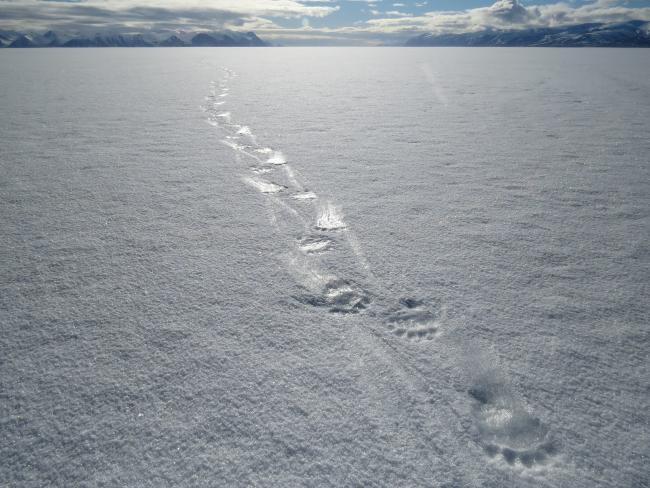
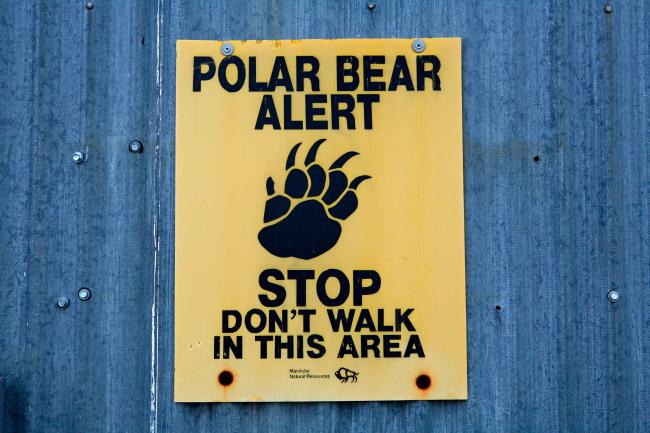
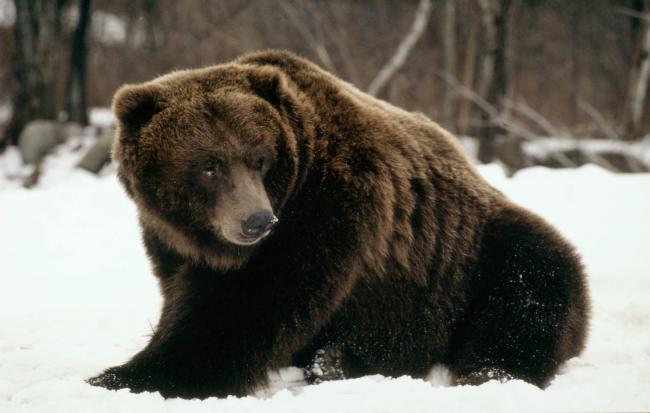
© Klein & Hubert / WWF
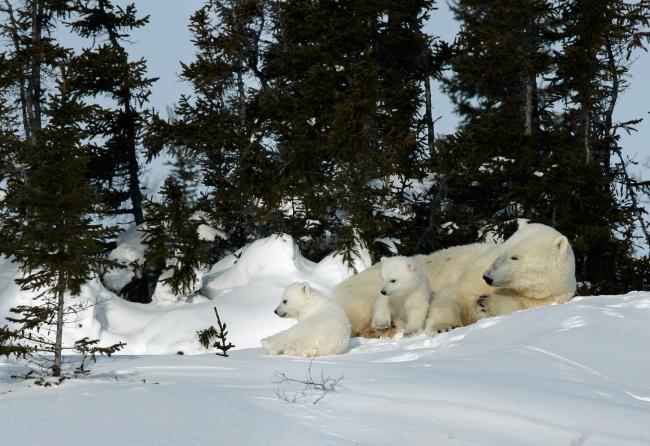
© Peter Ewins / WWF-Canada
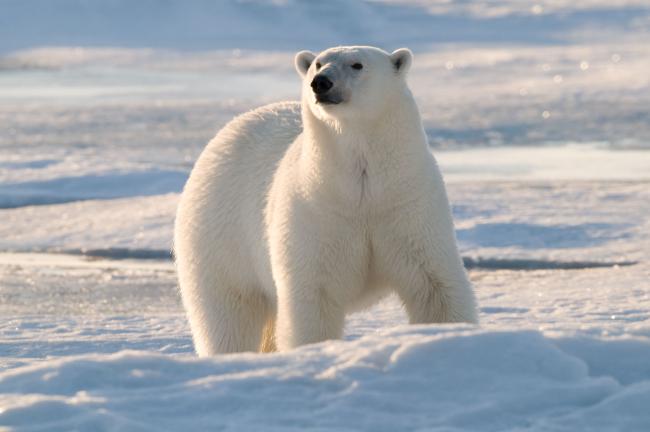
© Steve Morello / WWF
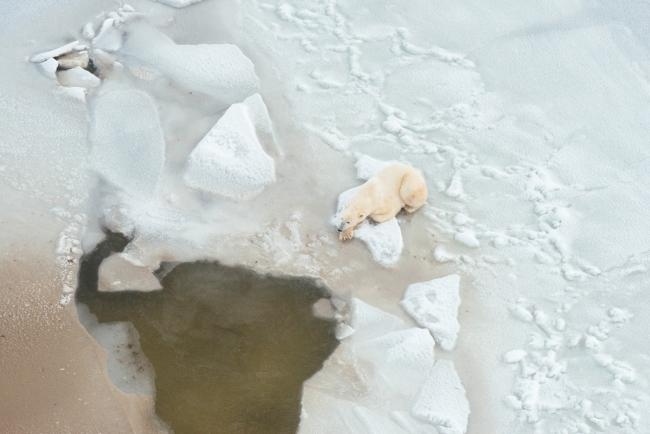
© WWF-US / Elisabeth Kruger
WWF's work
WWF is working with researchers to track polar bears in the Arctic to understand the impact that climate change and other threats are having on them as well as helping to monitor their health.
We’re also advocating for governments to recognise and mitigate the effects of a changing Arctic on these bears.

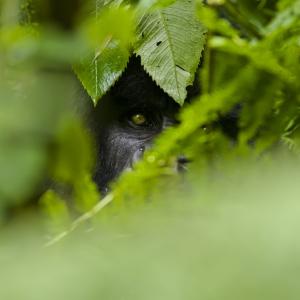 10 of the world's most endangered animals
10 of the world's most endangered animals
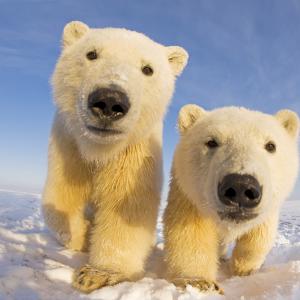 Polar bear: a powerful predator on ice
Polar bear: a powerful predator on ice
 Polar bear quiz
Polar bear quiz